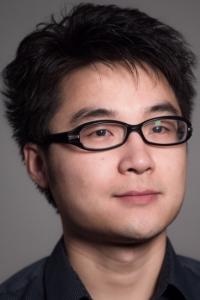Beijing-Moscow Mathematics Colloquium (online)
摘要(Abstract)
Quantum cryptography or quantum key distribution (QKD) offers information-theoretic security based on the laws of physics. This is the technology at the basis of the quantum satellite “Mozi”, put in orbit by the Chinese Academy of Sciences in 2016. In practice, however, the imperfections of realistic devices might introduce deviations from the idealized models used in the security proofs of QKD. Can quantum code breakers successfully hack real systems by exploiting the side channels? Can quantum code makers design innovative countermeasures to foil quantum code breakers? In this talk, I will talk about the theoretical and experimental progress in the practical security aspects of quantum code making and quantum code breaking. After numerous attempts over the past decades, researchers now thoroughly understand and are able to manage the practical imperfections. Recent advances, such as the decoy-state, measurement-device-independent (MDI) and twin-field (TF) protocols, have closed critical side channels in the physical implementations in a rigorous and practical manner. Further readings in [Xu et al., Rev. Mod. Phys. 92, 025002 (2020)].
主讲人简介(Bio)

Feihu Xu has been a Professor at USTC since Oct. 2017. Before joining USTC, he was a Postdoctoral Associate at MIT in 2015-2017. He received an M.A.Sc and Ph.D from University of Toronto in 2011 and 2015. He works on quantum information science and has co-authored more than 70 journal papers. As the first/corresponding author, he has published more than 40 journal papers in Rev. Mod. Phys. (1), Nat. Photon. (4), Nat. Phys. (1), etc. He is the recipient of Early Career Award by NJP in 2020, 35 Innovators Under 35 of China (by MIT Technology Review) in 2019, Outstanding Dissertation Award (by OCPA) in 2015, and Best Paper Award of QCrypt in 2014.